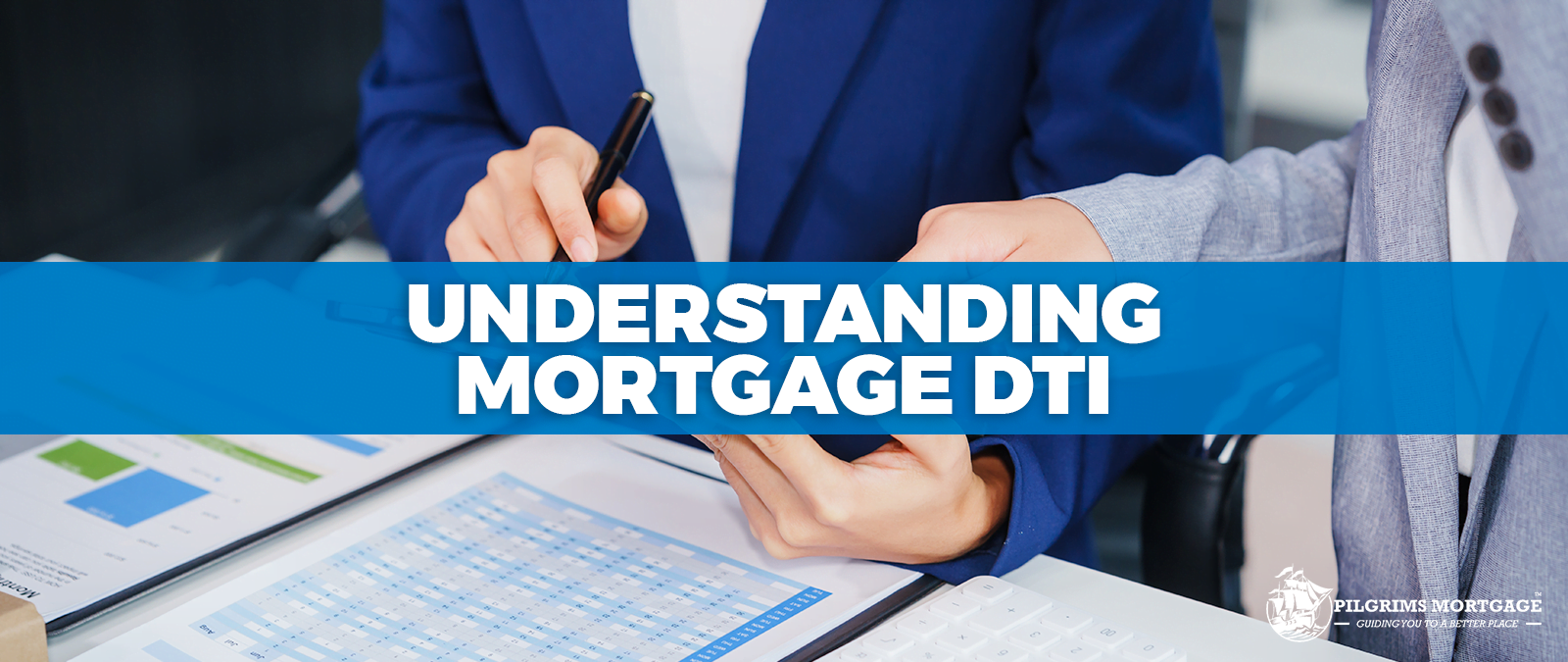Understanding Mortgage DTI
In this article, we’ll delve into how mortgage DTI is calculated, its significance, and what it means for your homebuying journey. When applying for a mortgage, lenders consider several factors to determine your creditworthiness and ability to repay the loan. One crucial aspect is your debt-to-income (DTI) ratio, which measures your monthly debt payments against your gross income.
What is Mortgage DTI?
Mortgage DTI is the percentage of your monthly gross income that goes towards paying debts, including the proposed mortgage payment, other loans, credit cards, and minimum payments on revolving debts. Lenders use this ratio to assess your ability to manage your debt burden and ensure you’re not overextending yourself.
How is Mortgage DTI Calculated?
To calculate your mortgage DTI, lenders follow these steps:
- Gather income information: Your lender will verify your gross income from all sources, including your salary, bonuses, commissions, and any other regular income.
- Calculate total monthly debt payments: This includes:
- Proposed mortgage payment (principal, interest, taxes, and insurance)
- Minimum credit card payments
- Car loan or lease payments
- Student loan payments
- Personal loan payments
- Alimony or child support payments
- Add up total monthly debt payments
- Divide total debt payments by gross income
- Multiply by 100 to get the DTI percentage
For example:
Gross income: $5,000 per month
Total monthly debt payments: $2,500
DTI calculation: ($2,500 ÷ $5,000) x 100 = 50%
In this scenario, your mortgage DTI is 50%, indicating that half of your gross income goes towards debt repayment.
Why Does Mortgage DTI Matter?
Lenders consider DTI a critical factor in mortgage approval because it reveals your ability to manage debt and make timely payments. A high DTI ratio may indicate overextension, increasing the risk of default. Generally, lenders prefer a DTI ratio of 45% or less, although some may accept higher ratios depending on compensating factors like a high credit score or substantial assets.
Tips to Improve Your Mortgage DTI
If your DTI ratio is higher than desired, consider these strategies:
- Pay off high-interest debts or consolidate loans
- Increase your income
- Reduce expenses and create a budget
- Consider a longer loan term or lower loan amount
Conclusion
Understanding mortgage DTI is essential for homebuyers and homeowners alike. By grasping how lenders calculate this ratio and maintaining a healthy DTI, you’ll improve your chances of securing a favorable mortgage deal and ensuring a sustainable financial future. Remember, a lower DTI ratio can lead to better loan terms, lower interest rates, and a more secure financial footing.





